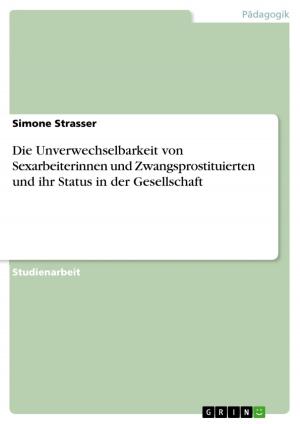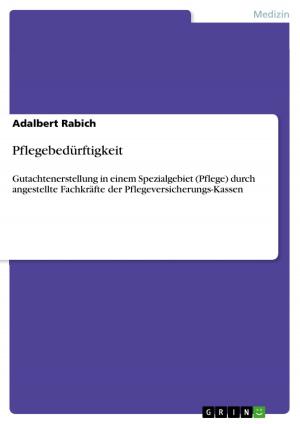Locus of control as an alternative theory in viewing altruism
Nonfiction, Health & Well Being, Psychology, Social Psychology| Author: | Luke Gelvoligaya | ISBN: | 9783656736578 |
| Publisher: | GRIN Verlag | Publication: | September 6, 2014 |
| Imprint: | GRIN Verlag | Language: | English |
| Author: | Luke Gelvoligaya |
| ISBN: | 9783656736578 |
| Publisher: | GRIN Verlag |
| Publication: | September 6, 2014 |
| Imprint: | GRIN Verlag |
| Language: | English |
Academic Paper from the year 2012 in the subject Psychology - Social Psychology, grade: 91.0, , course: Bachelor of Arts in Psychology, language: English, abstract: Existing theories on Altruism include the evolutionary theory composing on the theory of natural selection and the kin selection theory. Theory of natural selection proposes that genes are able form traits which could develop the system of delivering benefits to other individuals. The theory of kin selection explains how individuals gain benefits through reproduction of relatives and from their own reproduction. On the other hand, a separate theory, the theory of rational choice explains altruistic behavior as measurable by the preferences of the individual. These theories are critiqued according to the problems they pose which affect how altruism evolved and developed. An alternative theory is proposed in examining how altruism is viewed among individuals using the locus of control theory by Julian Rotter. The conceptual and methodological assumptions of using locus of control in research are discussed.
Academic Paper from the year 2012 in the subject Psychology - Social Psychology, grade: 91.0, , course: Bachelor of Arts in Psychology, language: English, abstract: Existing theories on Altruism include the evolutionary theory composing on the theory of natural selection and the kin selection theory. Theory of natural selection proposes that genes are able form traits which could develop the system of delivering benefits to other individuals. The theory of kin selection explains how individuals gain benefits through reproduction of relatives and from their own reproduction. On the other hand, a separate theory, the theory of rational choice explains altruistic behavior as measurable by the preferences of the individual. These theories are critiqued according to the problems they pose which affect how altruism evolved and developed. An alternative theory is proposed in examining how altruism is viewed among individuals using the locus of control theory by Julian Rotter. The conceptual and methodological assumptions of using locus of control in research are discussed.















